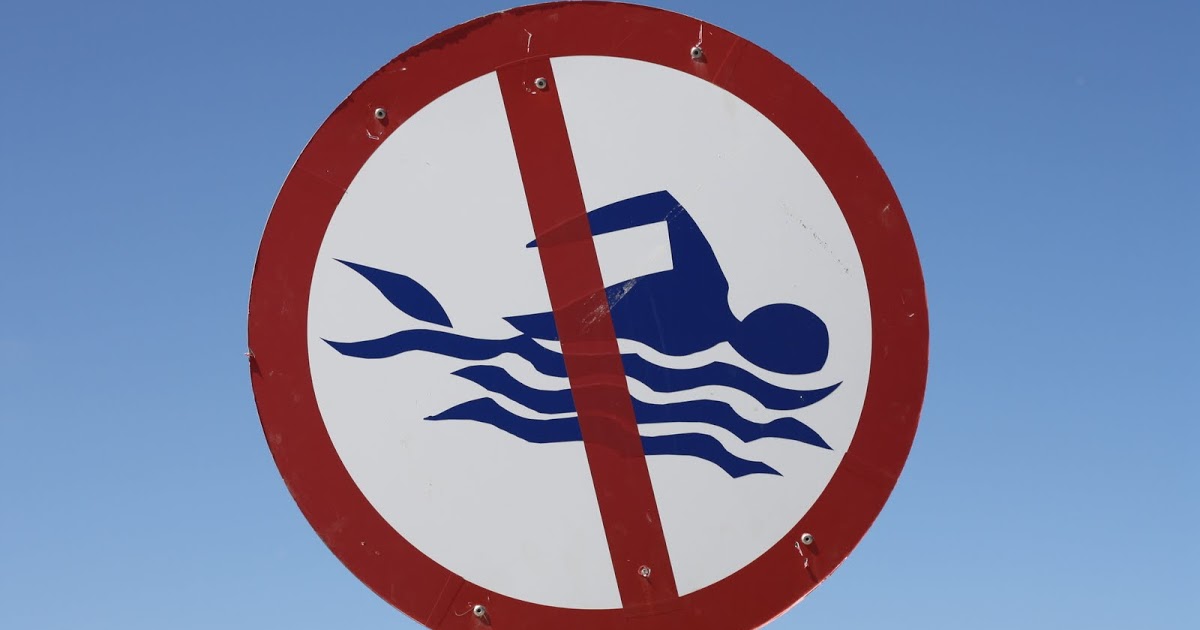How To Appropriately Prevent And Treat Jellyfish Stings
Emergency Care
In rare cases, jellyfish stings can cause life-threatening symptoms and will require emergency care. Such care will be required if an individual is showing signs of a severe allergic reaction, including trouble breathing, low blood pressure, and a weak or rapid pulse. This care is also required if the sting is from a box jellyfish or if the sting covers more than half of an arm or leg. If any of the aforementioned occurs, individuals should call 911 or get to an emergency room immediately. Individuals with a known severe allergic reaction to jellyfish stings should carry an epinephrine pen with them in case of stings and educate their friends and family on how to use it in case they are ever stung by a jellyfish and become incapacitated.
Continue reading to reveal ways to prevent jellyfish stings now.
Avoid Swimming During Jellyfish Season

One of the easiest ways to prevent being stung by a jellyfish is to avoid swimming during jellyfish season. While most jellyfish tend to congregate in deeper ocean waters many will find their way to shallow water during mating season, which increases the risk of humans coming into contact with them. Jellyfish season varies depending on the area but most beaches will have signs posted when an abundance of jellyfish have been spotted. Keeping a watchful eye out for these warnings can help minimize one's exposure to jellyfish. Outside of jellyfish season, certain weather conditions, such as high winds, warm weather, and heavy rain, tend to attract jellyfish to the shore. Avoiding the beach altogether during these times will reduce the risk of exposure to jellyfish and their stinging tentacles.
Get familiar with another method of preventing jellyfish stings now.
